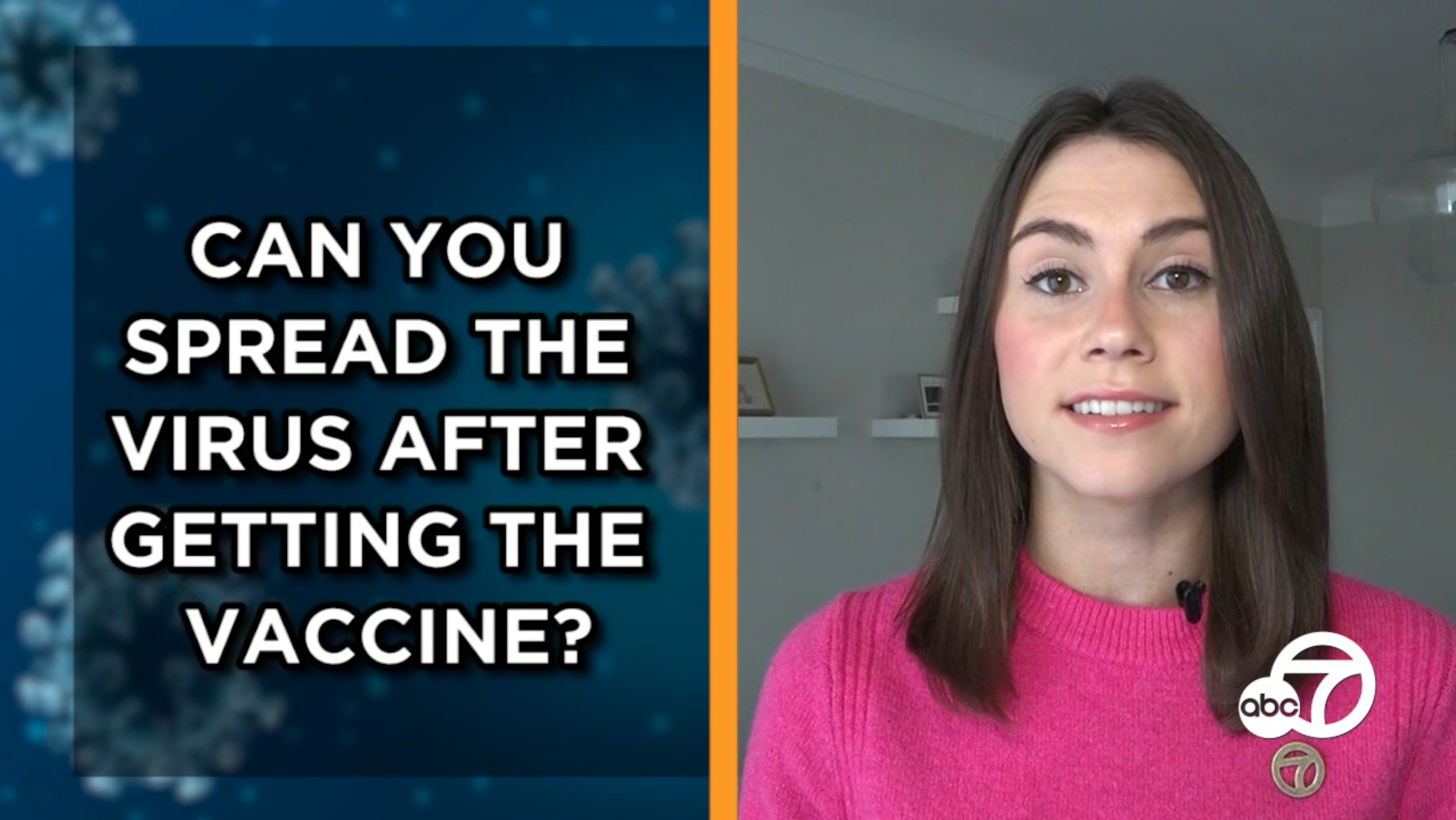Should cancer patients, pregnant women, those recently infected get the COVID vaccine? Experts weight in

As the COVID-19 vaccine rollout efforts continue, plans are being made to immunize those who are in the next group, but many questions still remain about the vaccine's safety.
Who should get it? Do you need it if you've had COVID-19?
Long lines at places like Exer Urgent Care serve as a reminder of how rampant the virus is at some communities.
"Now, during the current pandemic, we're offering treatment for COVID, COVID testing and evaluation of those patients as well," said the facility's Chief Medical Officer Dr. Cory Spurlock.
Spurlock said his clinics are not distributing vaccines, but his patients ask many questions.
Are vaccines safe for cancer patients? What about organ recipients or pregnant women?
What are the side effects of the COVID vaccine? See our FAQ

These populations were not included in clinical trials, but Dr. Neha Nanda with Keck Medicine of USC said there's no evidence to suggest they should skip it.
"It's not that they can't receive it, we're just asking them to check with their specialist before they receive it," she added.
And what if you've recently had COVID-19? Guidelines from the Centers for Disease Control and Prevention say those individuals should still receive the shot when it's their turn.
However, Dr. Anthony Fauci has suggested waiting 90 days because existing antibodies from the actual infection could interfere with the vaccine's effect.
If you've had COVID three months prior to getting the shot, Dr. Nanda said consider this:
"This is a group that can delay their vaccination for at least three months, if not longer," she said. "And the reason for that is we know that reinfection is extremely uncommon."
As we see more transmission, we'll see more people seeking testing. But, what would happen if you get infected between your first dose and your second dose? Experts say it depends if you're symptomatic or asymptomatic.
"If you're asymptomatic, then for the sake of preventing transmission of disease, we are recommending that you get your vaccination 10 days after your diagnosis," Dr. Nanda said.
Those with symptoms also need to wait ten days and be without symptoms for 24 hours before receiving a second shot.











